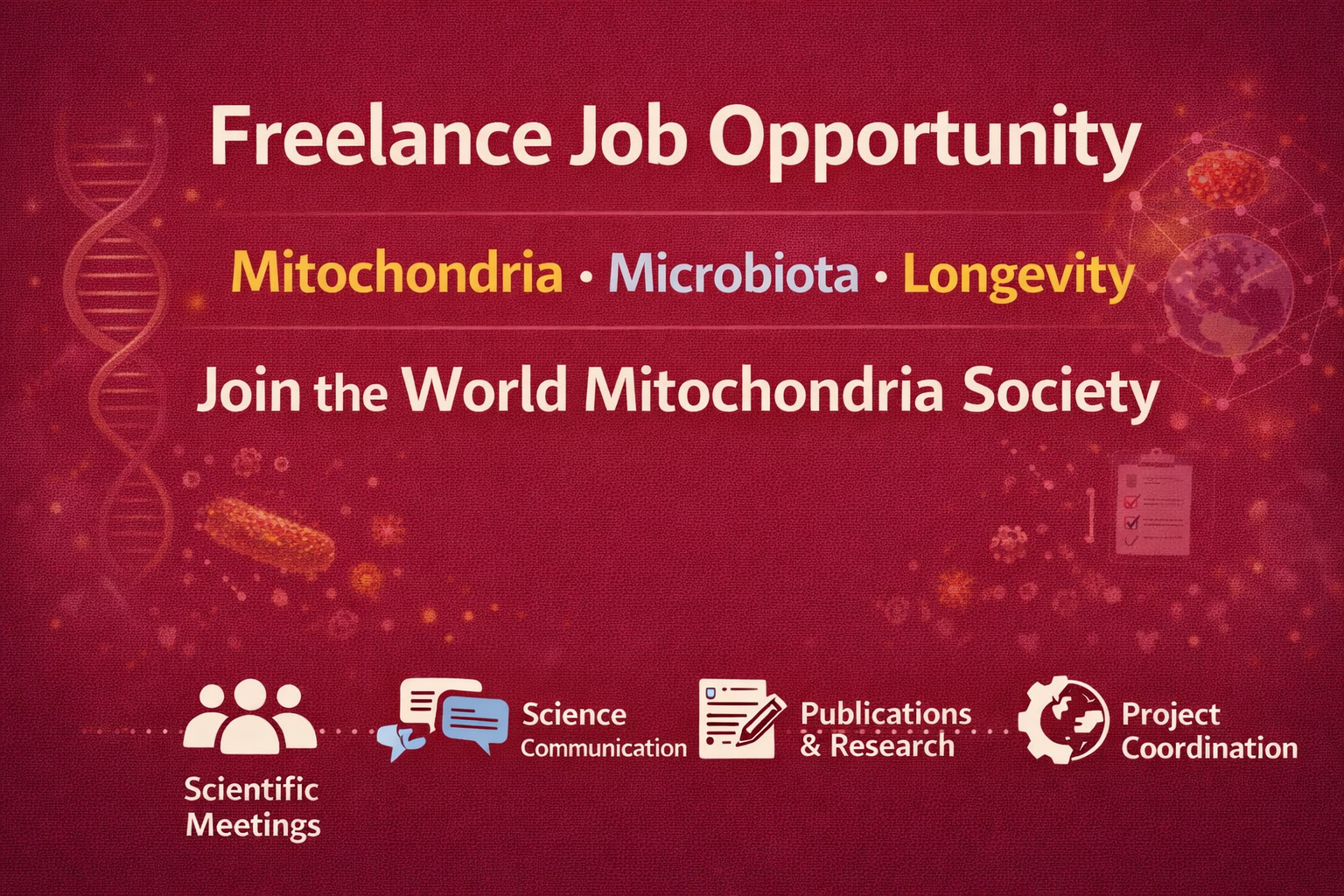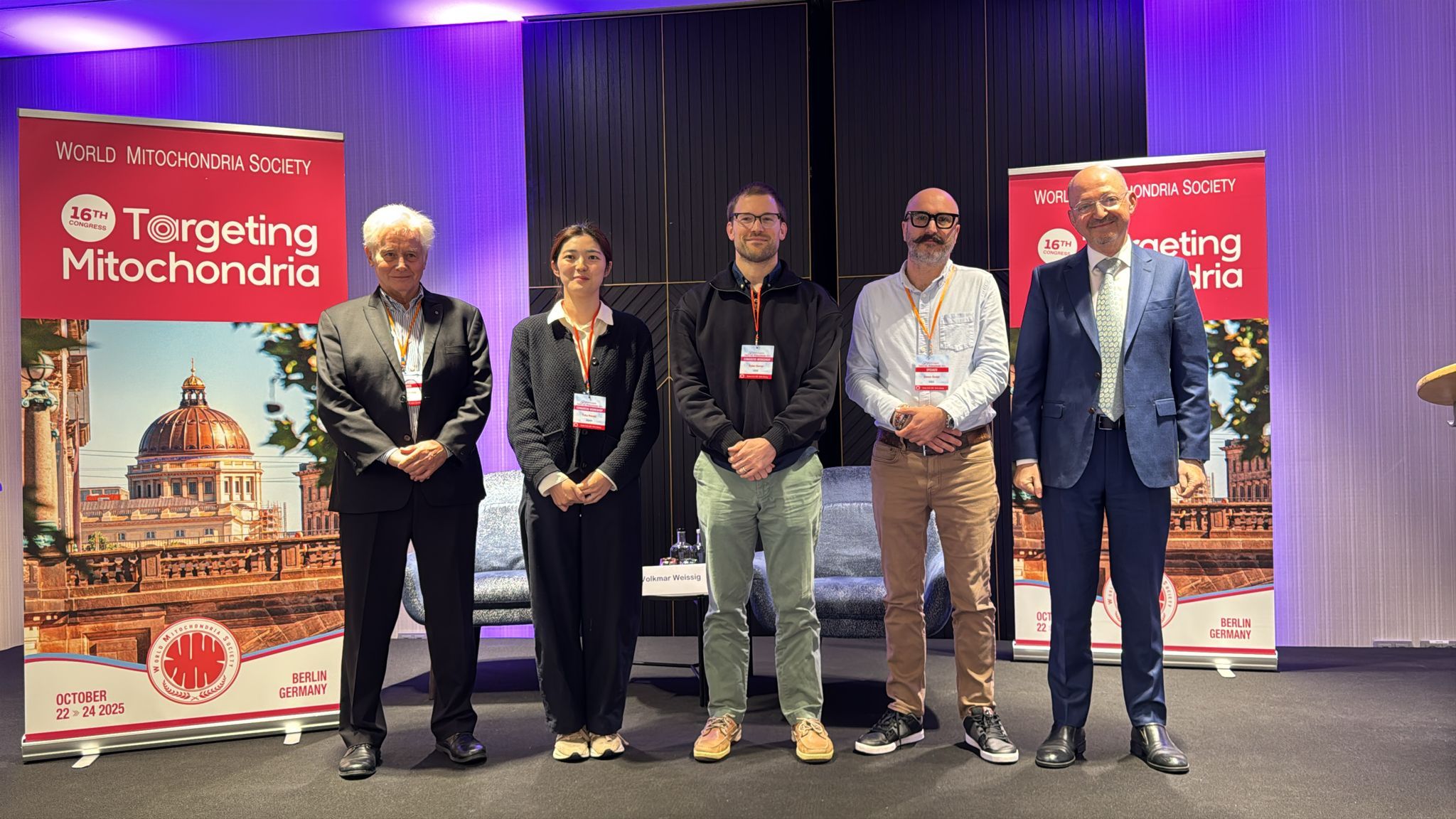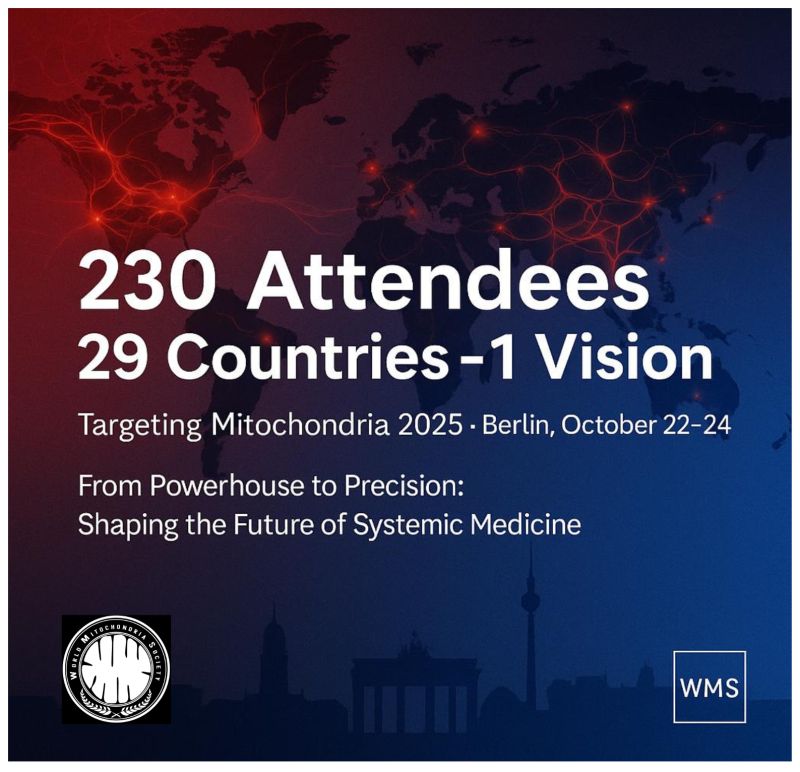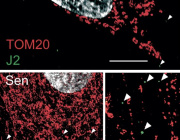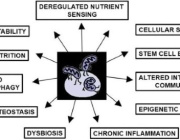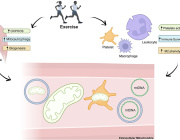Patient-Specific Brain Organoids for Modeling Mitochondrial Diseases
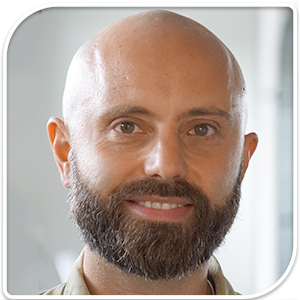
Prof. Alessandro Prigione from, Heinrich Heine University (HHU), Germany will talk about "Patient-Specific Brain Organoids for Modeling Mitochondrial Diseases" during the congress which will be held on October 27-29, 2021 in Berlin & Online.
Mitochondrial diseases suffer from a lack of effective animal and cellular models. This hampers our understanding of the mechanisms underlying the neuronal pathology characteristics of mitochondrial diseases. Prof. Prigione used patient-derived induced pluripotent stem cells (iPSCs) and genome engineering with CRISPR/Cas9 to develop a human model of Leigh syndrome, which is the most severe mitochondrial disease in children and is currently incurable. Using neuronal cell cultures and three-dimensional brain organoids, he discovered previously unknown mechanisms causing the disease-specific neuronal defects, and identified two potential counteracting strategies for this rare mitochondrial disease with highly unmet medical need.
For more information about the article: https://www.nature.com/articles/s41467-021-22117-z
Targeting Mitochondria 2021 Congress
October 27-29, 2021
Berlin, Germany & Virtual Congress
www.targeting-mitochondria.com








